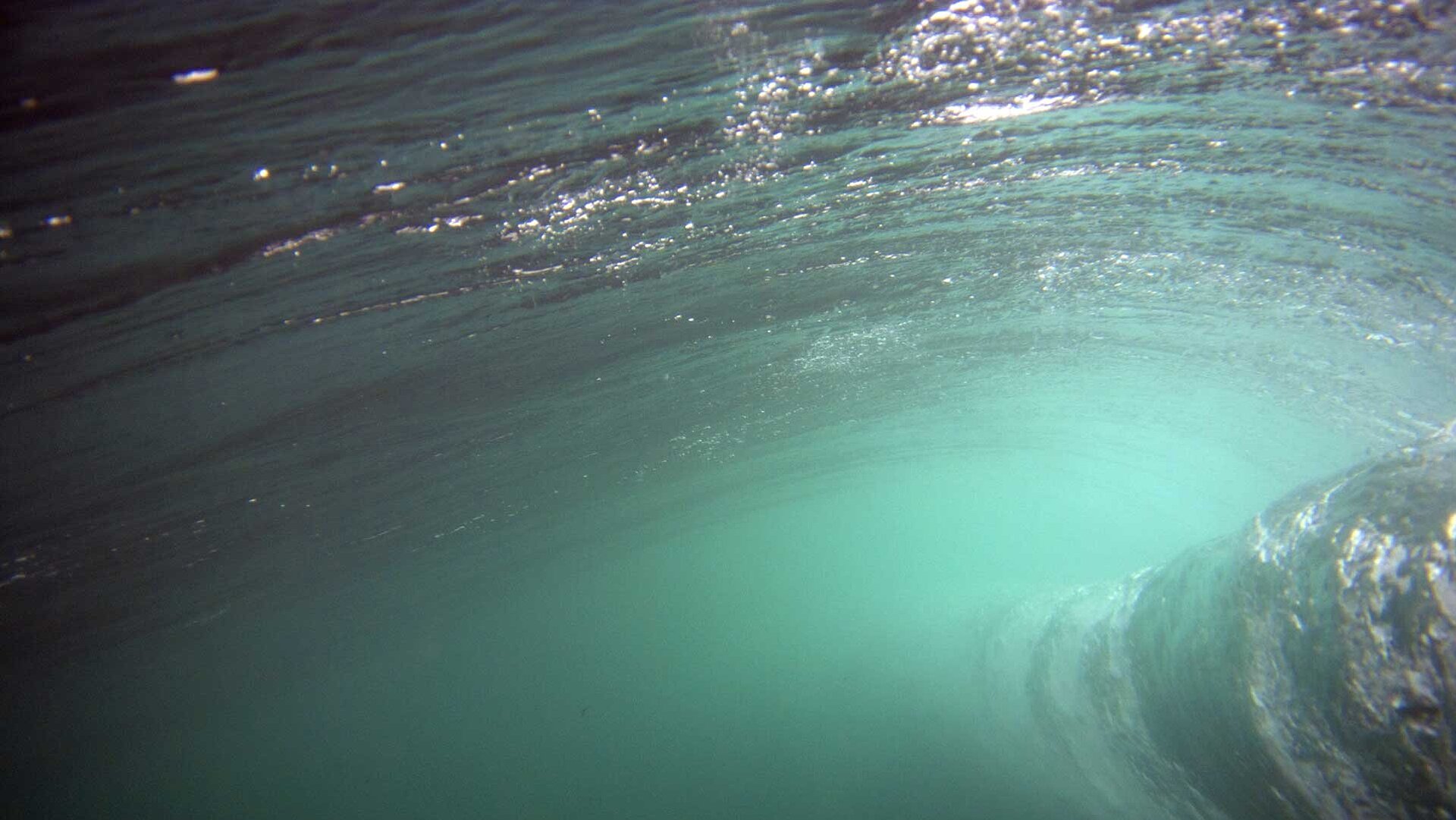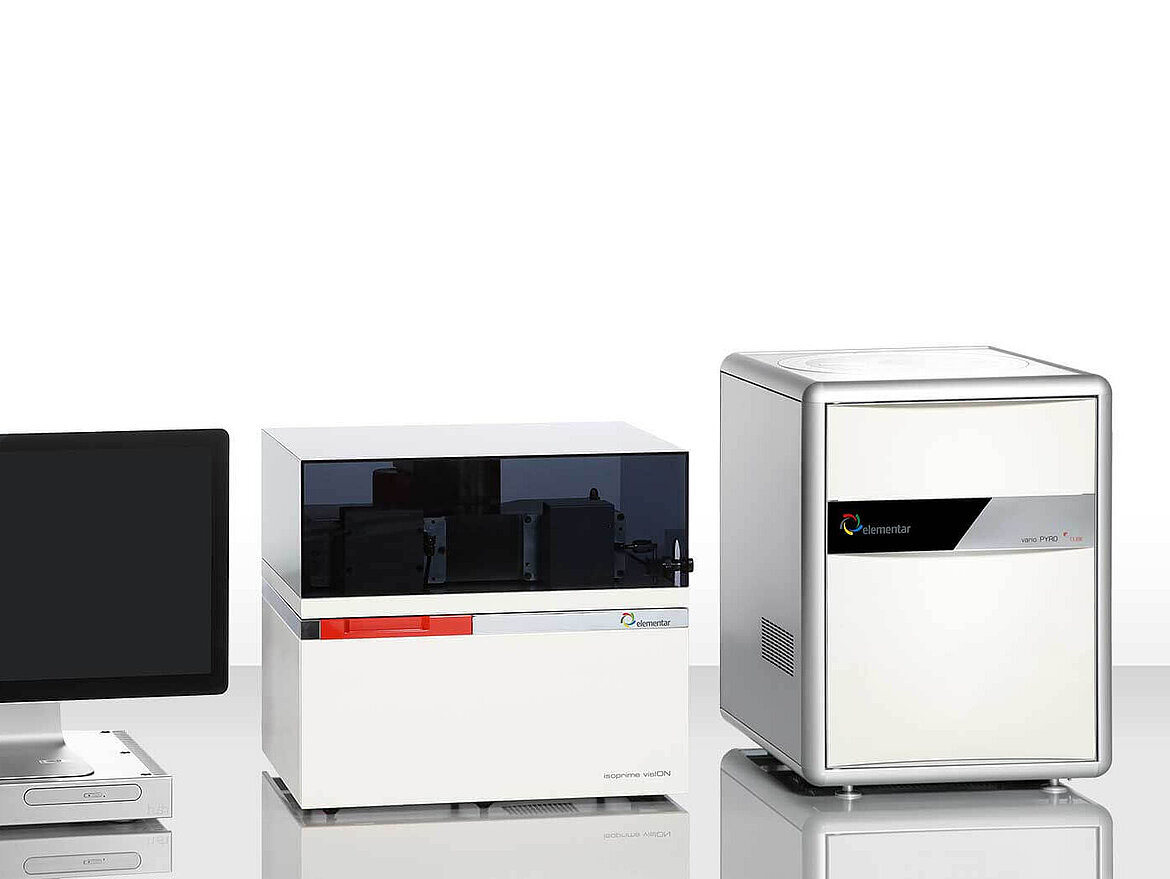Stable isotope analysis helps to trace physical, chemical, and biological processes in oceans
Oceanography encompasses many diverse disciplines relating to the physical, chemical, and biological processes that occur in the Earth’s oceans. Stable isotope analysis provides a powerful means to trace these processes, both modern and ancient. Paleoceanography uses oxygen stable isotope signatures of materials preserved in ice cores or sediments to elucidate the history of sea-surface or deep-sea temperatures. Stable isotopes of oxygen and hydrogen can also reveal the hydrology of oceanic waters, tracing the movement and circulation of waters, evaporitic processes, and meteorological influences on local, regional, or global scales.
Nutrient cycling and ecology of the world’s oceans are also of interest. Carbon, nitrogen and sulfur stable isotopes are powerful tools that may be deployed to trace algal activity, elucidate food chain structures within surface or benthic communities, and trace fluxes of nutrients throughout the seasons. Stable isotope analysis is particularly useful for exploring the unusual frontiers of deep hydrothermal systems, where unusual chemosynthetic organisms are the lynchpins of the communities which thrive under those extreme conditions.




